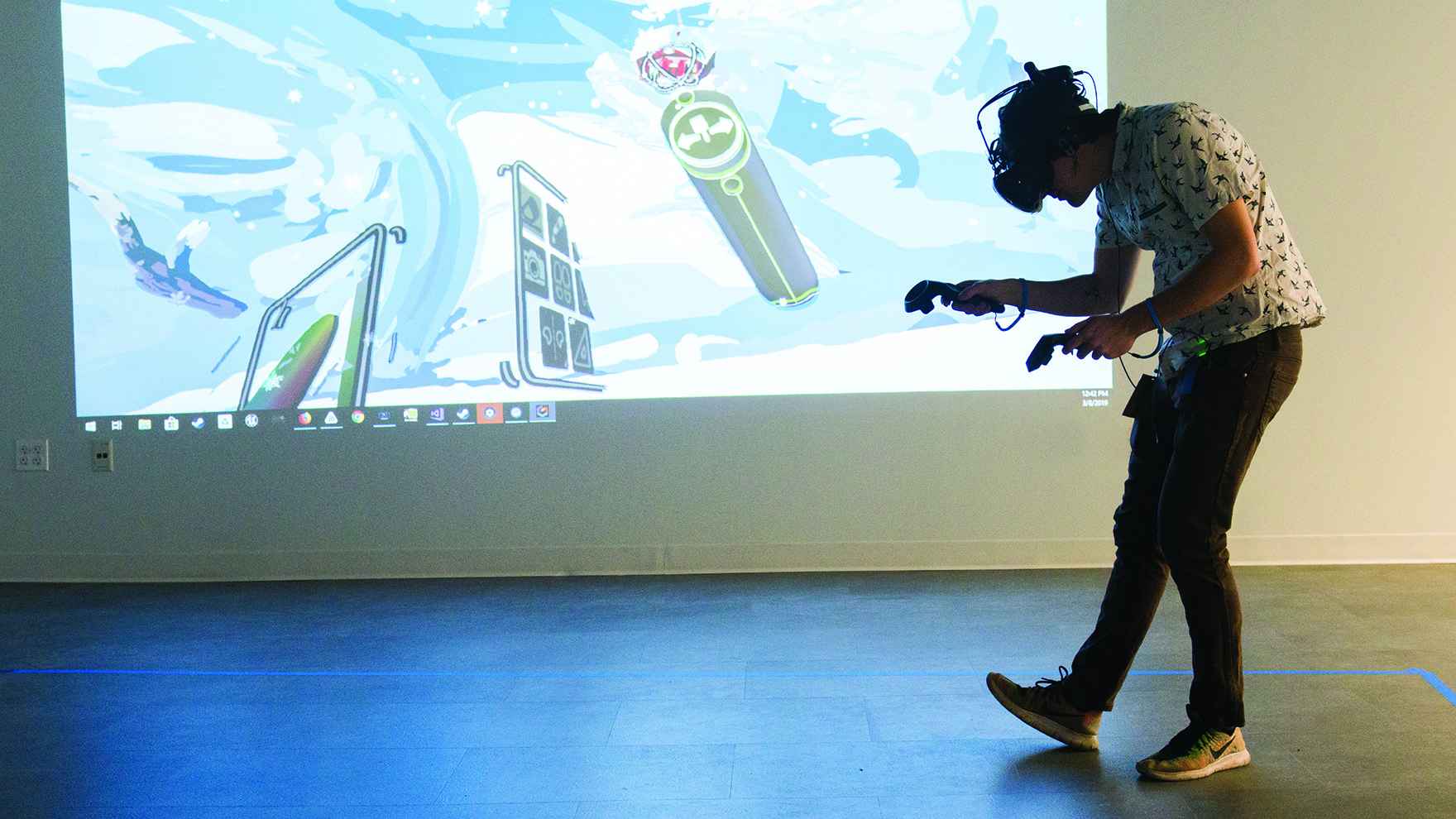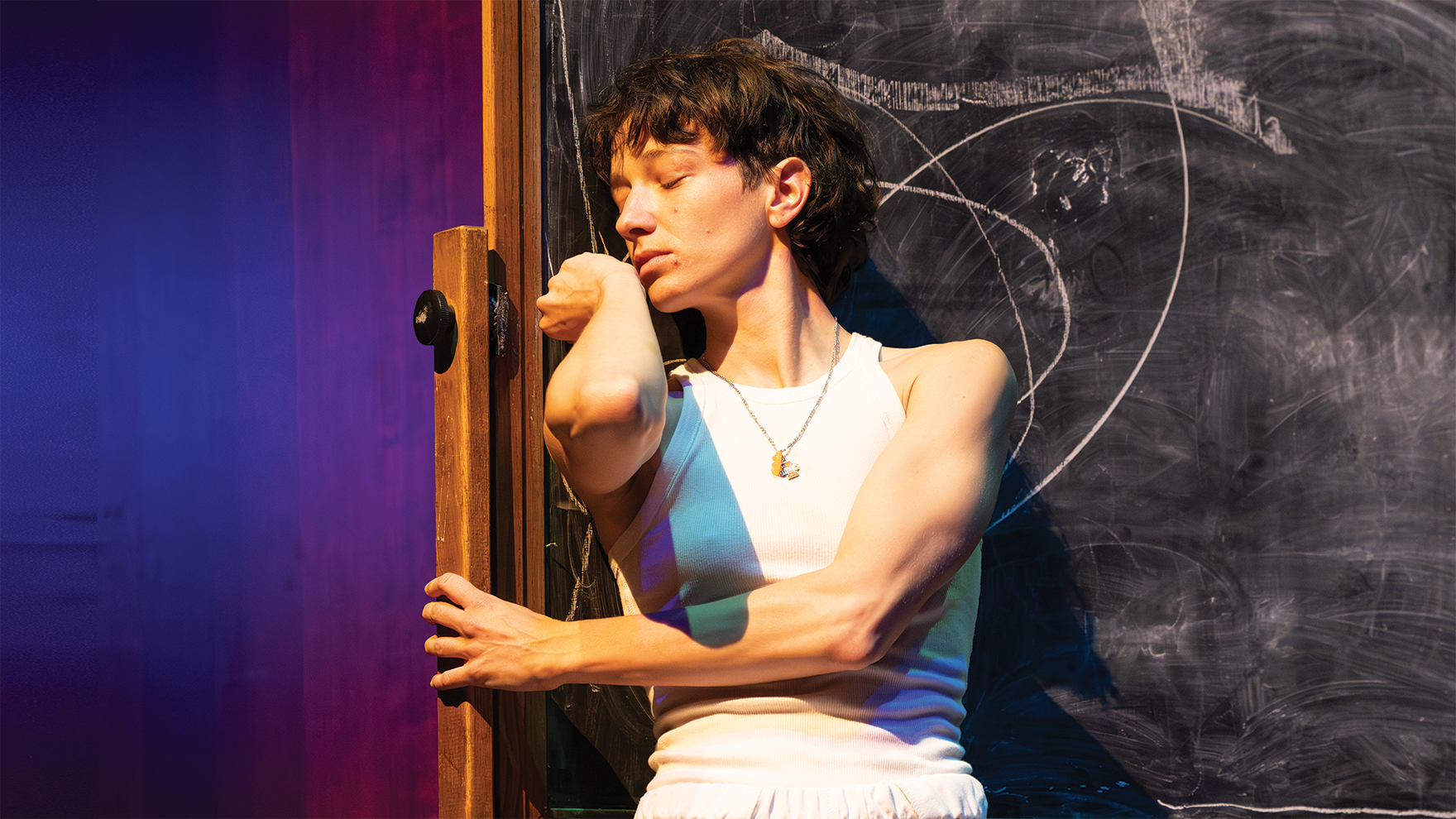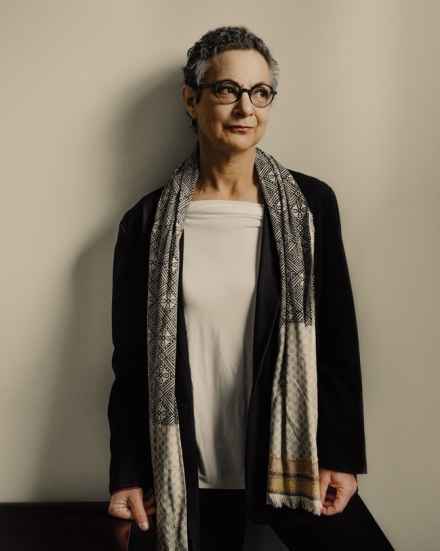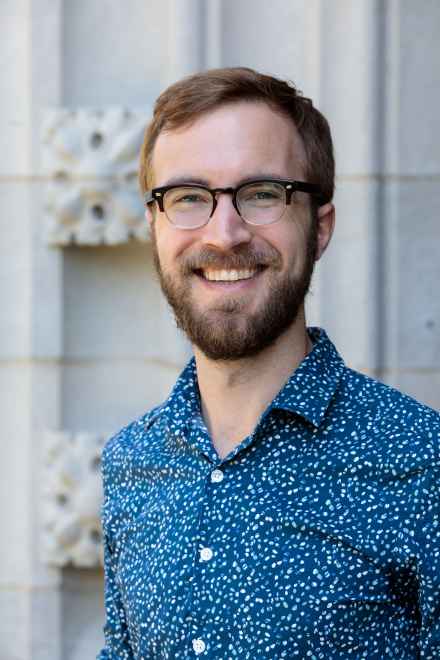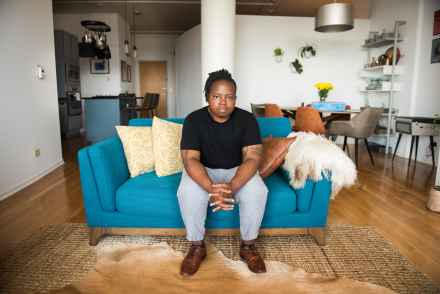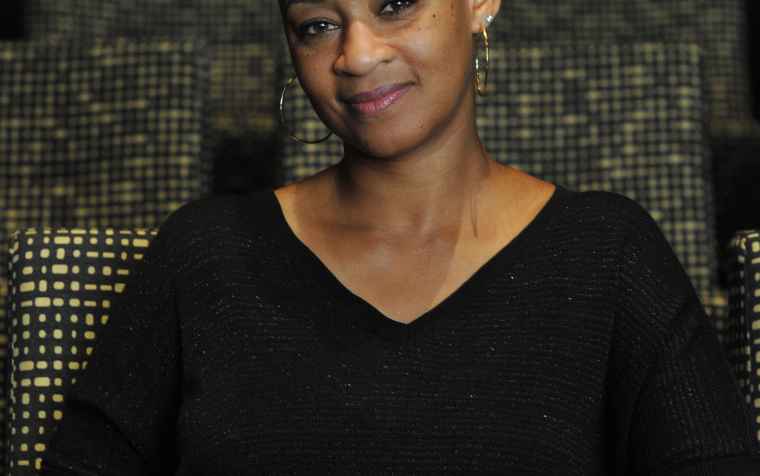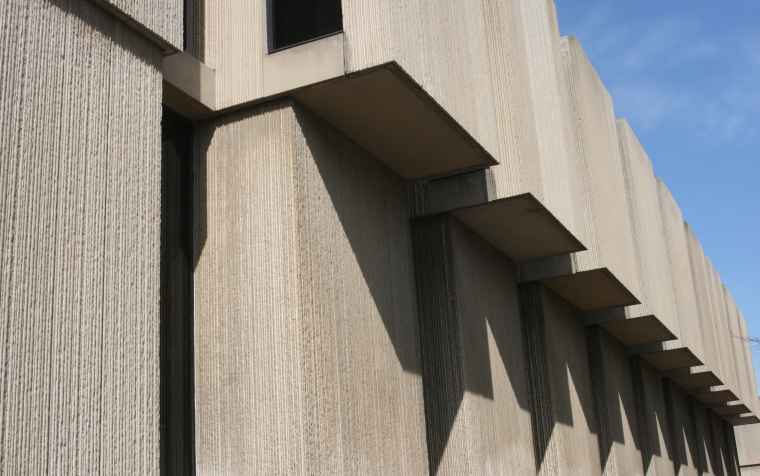Why Chasing the Good Life Is Holding Us Back, With Lauren Berlant
A UChicago scholar and theorist, Lauren Berlant, explains why the idea of the "good life" and the presidency of Donald Trump have shattered our connections and our sense of belonging.
Christopher Taylor Receives the ASA Lora Romero First Book Publication Prize
In defiance of traditional cultural history, Humanities scholar Christopher Taylor discovered that the people in the British West Indies considered themselves citizens of the British Empire. For his groundbreaking work, Taylor has received the prestigious 2019 American Studies Association Lora Romero First Book Publication Prize for the book Empire of Neglect: The West Indies in the Wake of British Liberalism (Duke University Press, 2018). “Empire of Neglect’s vast and original archival research provides a history of the British West Indies that sets the promise of political liberalism and emancipation against the actual effects of economic liberalism and free market policies,” said Deborah L. Nelson, the Helen B. and Frank L. Sulzberger Professor and Chair in the Department of English Language and Literature. “Scholars of the Caribbean have called it ‘field-making’ for its transformative arguments and methodological innovation.”
Media Mentions: October 2019
The latest media mentions, quotes, profiles, and writings from Division of the Humanities faculty, students, staff, and alumni. Visit us on Twitter and Facebook for more updates.
Humanities Scholar Explores Overlapping Worlds of Black and Trans Communities
Two black performers stand together, one in a tuxedo and the other in a flowing dress—their sex and gender uncertain. In choosing this century-old French postcard as the cover of his latest book, Prof. C. Riley Snorton wants to send a message: Trans identity is not new.
“If we look historically, we’re not only charting the lives of those who have existed in the past,” Snorton said. “We can also learn about what they were doing, and honor their lives and the survival strategies they employed.
“Our time is not so unique that we can’t learn from other times.”
